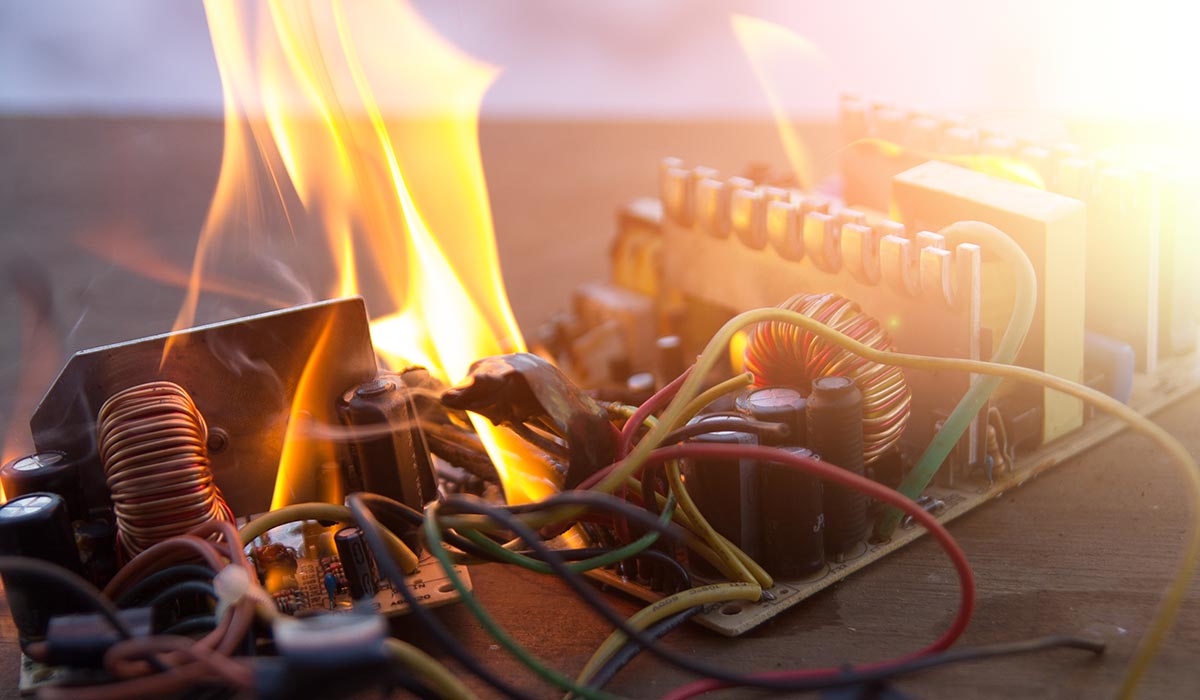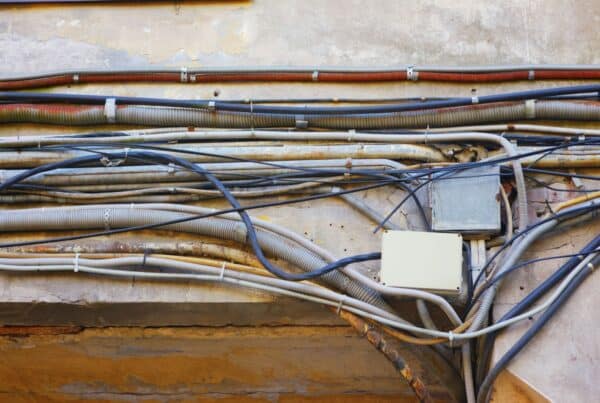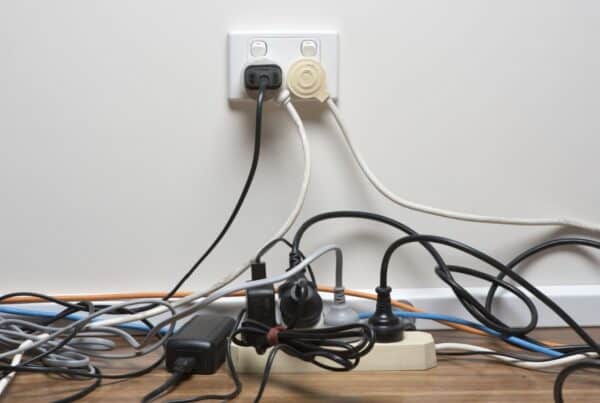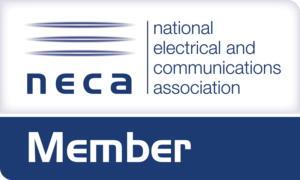
Power surges are something we all have to deal with. Power surges happen in most households at some point and they can cause havoc with your electrical appliances and circuits at the most inconvenient times. Did you know that identifying problems with your electrical system could help to reduce the frequency of power surges and protect your home? It’s true and you should give your local electrician a call today if you’re experiencing power surges on a regular basis.
If they’re not happening regularly, how do you know if you need to call an electrician? Are you unsure whether there’s a problem with your wiring? Let’s discuss what actually causes a power surge and some of the tell-tale signs that you’re headed for one;
What is a power surge?
A power surge happens when the flow of electricity is interrupted through the grid. It can also happen if an appliance puts electricity back into the system instead of drawing it out, causing the system to shut down and cut off. A power surge happens so quickly and it can cause a lot of damage in that short space of time. The voltage created from a surge can vary from hundreds to thousands of volts so they can be extremely dangerous.
What causes a power surge?
Most of the issues that cause power surges can be fixed to prevent them occurring regularly. These include;
- Faulty wiring can be dangerous to your electrical system and cause the power to surge. This is a simple fix but will require a professional electrician to repair any wiring if you suspect it to be faulty.
- Appliances or devices that require a large amount of electricity to run can cause a power surge on occasion if it is demanding a lot of electricity. Any device that causes the electricity power to spike can affect other devices. The likes of air conditioners and refrigerators working overtime can cause other devices to trip due to excess demands placed on the circuit.
- Lightning strikes, whilst beyond our control, are another common cause of power outages.
- If you have experienced a blackout the restoration of power can cause a surge in power as all appliances try to reboot at the same time. A solution for this would be to unplug power at the source and plug your appliances back one by one once the power has come back. This will allow a more even distribution of power around your home.
Signs you are heading for a power surge
There are some indicating factors that can help you prepare for surges and minimise the frequency of them:
- Devices losing power or suddenly resetting themselves
- Tripper circuit breaker or safety switch
- Tripped wires
- Electrical devices failing
- Bad or faulty wiring
Preventative measures
You can make some changes to reduce the risk of power surges by:
- Switching off appliances at the plug when not in use
- Investing in decent quality safety switches
- Using quality appliances
- Protecting your phone line and reducing the risk of damage occurring
The risks from power surges vary from home to home and on a case-by-case basis. Always make sure to contact an expert to assess your risk and learn how to make your electrical devices more efficient and safer.





